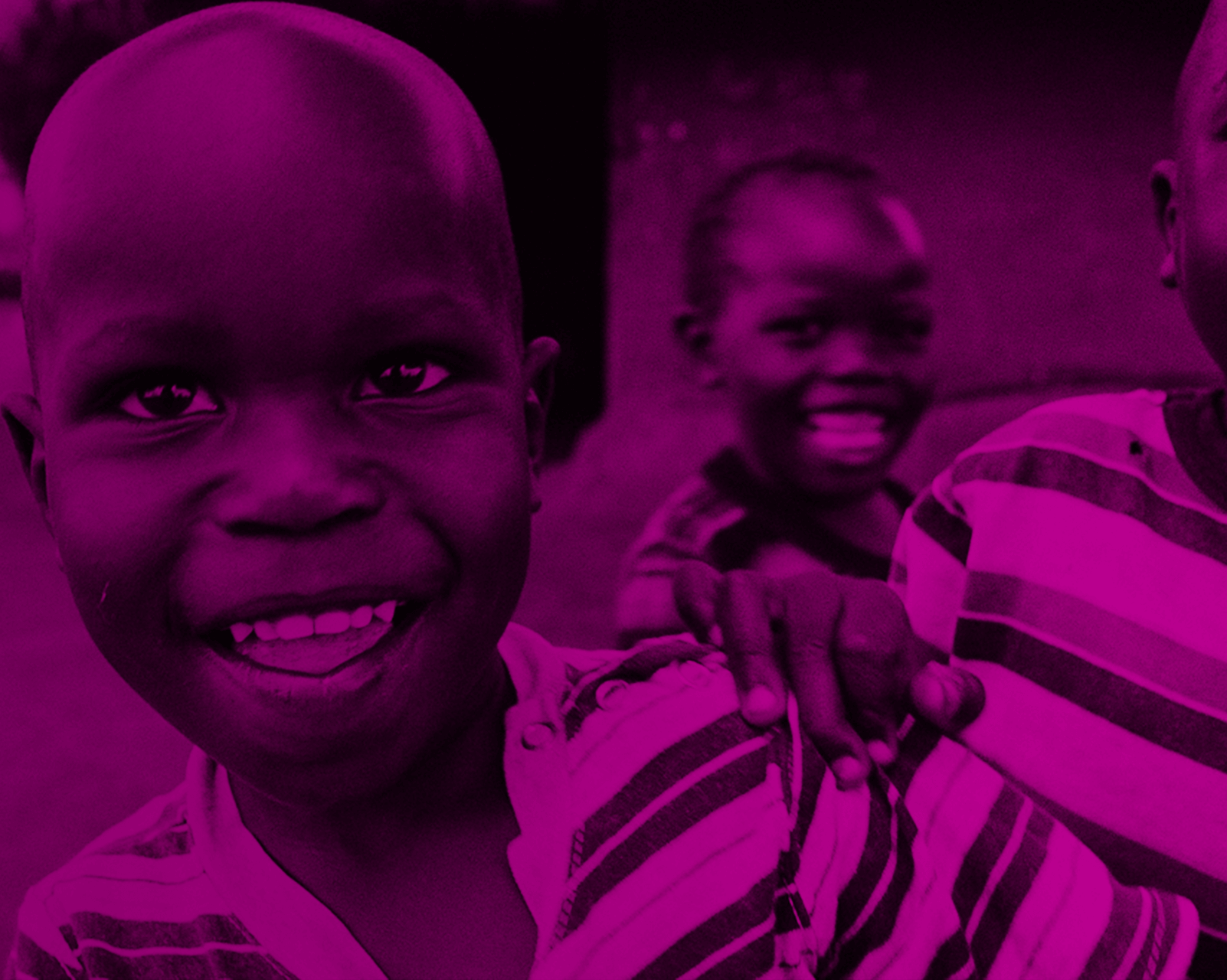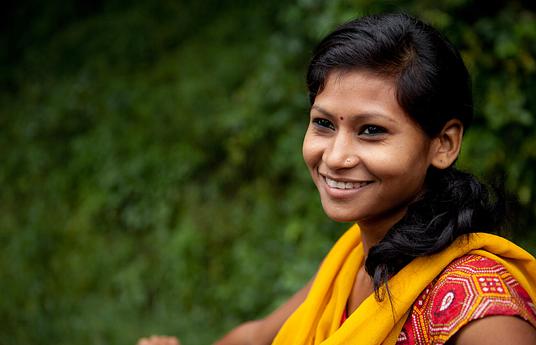What is the problem we are addressing?
In today’s fast-moving knowledge economy and automated labor market, students experience uncertainty in planning their future. They must learn more about themselves and the world of work and align their life and career decision with their age, developmental stage, and life goals.
While Developing our life skills curriculum, we focused on the importance and the benefits of integrating life skill education in the school curriculum to help students develop the proper social, emotional & thinking skills as they are the most important building blocks for our societies.
What is our solution?
Education nowadays needs an extraordinary emphasis on developing such skills in students to strengthen their ability to meet the needs and demands of the present society and to deal effectively with the demands and challenges of everyday life. It is the abilities for adaptive and positive behavior that bridges the gap between school, home and society while taking into consideration the psychosocial competencies and interpersonal skills.
Life skills training / education seek to build the capacity of students to make decisions and take actions that will enable them to cope with managing their lives in a healthy and productive manner resulting in positively impacting their lives and the lives of those around them.
The Reason our Life Skills curriculum succeeded in our secondary schools because we implemented as a training program as an intervention not a normal class room lecture. Different activities were used to teach our Life Skills:
-
Brainstorming: Allowing students to think out of the box. Creatively generate ideas. Evaluating the pros and cons of each idea. -
Discussions: Practicing problems solving. Practicing listening and communication skills. -
Activity and Role Plays: Becoming active and participative. Increasing empathy for others and their point of view. -
Group Work: Maximizing student input. Allowing students interactions. Enhancing team building and team work. -
Educational Games: Promoting fun and active learning. Using of knowledge, attitudes, and skills. Allowing assumptions and abilities in a positive environment. -
Case Studies: Giving the chance, to analyze, explore and challenge. Test different solutions. Sharing idea, new learnings. Gives insight and seeing things differently.
An overview of our impact
Our Life skills curriculum provide our students with skills, strengths and knowledge that helped them face their day-to-day existence with a positive and productive way of thinking and reap the right results pursued and build brighter futures for themselves! Some of the major Outcomes that we were pursuing through or work was helping the students develop:
- Confidence and self-efficacy
- Positive social behavior
- Greater Academic success
- Better ways to Handling emotional distress
- The Ability to create, refine, and achieve vision for self
- And live their SMART goals
The Life Skills curriculum has lengthy-term benefits for our students which encompass educational, social, health, cultural and educational benefits, etc. The most important benefit is that the students felt they possessed confidence in their abilities to be a valuable contributing member in their society (Home, School, Work, and Country).
Another important factor was shared similar beliefs that life skills were equally important to learn as academic skills for educators, parents and professionals.
Examples of implementation
In general, our Life Skills curriculum enabled our students to become lifelong learners and manage their lives better while contributing to their community and long term to their country’s workforce and success. It gave our students the ability to deal effectively with the demands and challenges of everyday life and difficulties they face in their personal, educational, emotional and social development in an adoptive and positive behavior. Finally, it gave our students the opportunity to apply their academic /technical knowledge and their life skills / research skills learned in class by completing a challenging, real-life project and write a report about it.
The first 2 years of implementing the Life Skills curriculum in our secondary schools we conducted a pre and post evaluation to measure the effect of it on our students and to determine how beneficial it was for them. Questions asked were based upon:
- Understanding the importance of the Life Skills in improving their life.
- Understanding the link between classroom learning and work requirements.
- Being able to build their college portfolio and be more prepared for to bridge from high school to college.
- Having a better understanding about finances and entrepreneurship.
- Enabling to cope with emotions and school/life stress by learning self-management and self awareness skills.
- Gaining the knowledge in developing a resume, personal statement, college application, and prepare for college interviewing.
- Understanding the importance of responsibility and the effect on the society through volunteering projects
What are our future goals?
According to UNICEF, “Life Skills” based education is important over numerical and literacy skills. Considering the positive impact on the behavior, engagement, and the educational and career achievement of our students in secondary school through implementing our curriculum, it’s also known that the greatest impact on a young mind's development occurs at adolescence, between the age of 3 years to 12 years. That is why we decided to implement the Life Skills curriculum from grade one till grade twelve. The Curriculum will equip those students with important social and interpersonal skills that will enable them to cope with the demands of everyday life for development.
Many educational and cognitive researchers have pointed out that young minds are being considered as the most productive members for the future of our societies, due to their physical and intellectual capability and especially in this age of. But in reality, it’s been realized that most of the young students are unable to utilize their potential in an appropriate way due to the lack of guidance and motivation. With this in mind, we are developing a curriculum that will help in educating our students about life skills that make them able to improve their knowledge, develop their values and views, plus reinforce their healthy behaviour and increase their self-confidence.
How can someone else implement it? What do they need?
The best way to start the implementation of the Life Skills in any school an to get the results perused, is through:
- Balancing between Knowledge, Attitude, and Skills
- Teaching collaboration
- Helping students learn through their strengths
- Using learning beyond the classroom
- Addressing the needs of Students
- Considering psychosocial competencies and interpersonal skills
- Focusing on the positive outcome as a part of curriculum
- Promoting the students’ psychological as well as physical well-being
- Teaching research-based life skills and provide live examples
If you are considering starting your own Life Skills Curriculum you need to consider:
- Identifying the stakeholders who will play an active part in the development of the life skills program
- Identifying the proper people to Involve in the curriculum design process
- Mapping out the curriculum that you are considering based on your student’s needs
- Studying any existing curriculums and consider the advantages and disadvantages of adopting it
- Put a clear vision and plan and start with by a small pilot program to be able to evaluate and assess and move with the long-term plans


